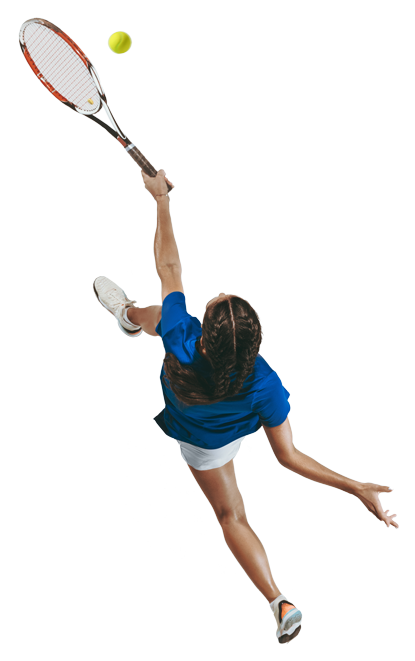
Rotator Cuff Tear
What to Expect After a Rotator Cuff Repair Surgery
You have been suffering with shoulder pain for months, attempting to address it with anything and everything. You have gone through physical therapy, taken medications, had injections all without any improvement in your symptoms. You have an MRI and the doctor tells you that you have a rotator cuff tear that should be repaired. What next?
Omaha Physical Therapy Institute provides expert care when it comes to rehabilitating a rotator cuff tear or surgical repair. You will actually enjoy your physical therapy sessions and feel better after them! We do not push patients through pain and perform a lot of education on how to move, stretch, and relax in order to control pain levels which allows for a smooth and comfortable rehab process.
Helpful Tips for Rotator Cuff Surgery
If surgery is recommended, it can be a scary ordeal. Sometimes the more you can be prepared, the less anxiety you can have leading up to the surgery. Here are some helpful tips for you to know going into your rotator cuff surgery:
It is going to hurt.
This is not being said to scare you but more to calm your fears when you do feel some discomfort after the surgery. Some pain is VERY normal. There are things that you can do to assist with decreasing pain levels such as take the medications as prescribed by your surgeon, ice intermittently throughout the day, do your physical therapy stretches or movements, and take deep, relaxing breaths.
Get ready to sleep in a recliner.
Because of our anatomical structure, lying down flat on your back or side after a rotator cuff tear can be more irritating and can tug or put pressure on the surgical site so be prepared to sleep at more of an incline either on a recliner or propped up in bed with lots of pillows to allow you to find your comfort position.
Your physical therapy does NOT have to be painful.
Initially after surgery, most surgeons want you to only perform passive motion to the shoulder, meaning that you are not actively controlling the motion with the muscles surrounding your shoulder. Your physical therapist will show you ways to allow for some movement of the shoulder that does not activate your rotator cuff as well as perform some passive motion on you.
You may not be able to go back to work right away.
If you work a job where you don’t have to use that shoulder/arm, give yourself at least 5-7 days for recovering at home before getting back in the grind. When you do plan on going back, give yourself small doses of work time if allowed. For instance, try just going into work for 2-4 hours the first 2-3 days then slowly add more hours as you tolerate. When you have surgery, your whole body is focused on recovery so small amounts of activity can seem like they fatigue you faster than normal.
Listen to your surgeon and your physical therapist.
Follow all of the precautions that they tell you! If you want this surgery to have the best possible outcome, don’t try to do too much, even if you are feeling good. There is a reason for all of the limitations the surgeon puts on you, especially in the first 6-10 weeks after surgery in order to protect the area that has been fixed. Your physical therapist is there to coach you and remind you of these precautions and guide you in regards to what home exercises you should focus on.
Get ready for a sling.
You will most likely have to wear a sling after surgery for at least the first few weeks, depending on your surgeon’s protocol. If you have the sling ahead of time, practice putting it on and taking it off before surgery so that it might make it slightly easier to use after surgery when you have swelling and stiffness in that shoulder.
Don’t plan on driving for the first 7-14 days after.
Depending on what medication you are on and your surgeon’s protocol, do not plan on being able to drive right after your surgery. Make sure to make arrangements for rides to appointments ahead of time.
You will have restrictions with lifting with that shoulder for several months.
Depending on the severity of your tear and your surgeon’s protocol, there will be restrictions with lifting for several months. Typically, there is a progression with passive range of motion only without any active use of the shoulder followed by weeks of working towards actively moving your arm. Then you can start a light progression with resistance exercises when your surgeon allows.
Remember, most of the time with a surgery like this, there is delayed gratification, so BE PATIENT and follow your surgeon’s and physical therapist’s recommendations/precautions! If you have any questions or need physical therapy for a rotator cuff tear and/or surgical repair, give us a call at (402)934-8688.
REHABILITATING A TORN ROTATOR CUFF?
Contact us for an appointment

